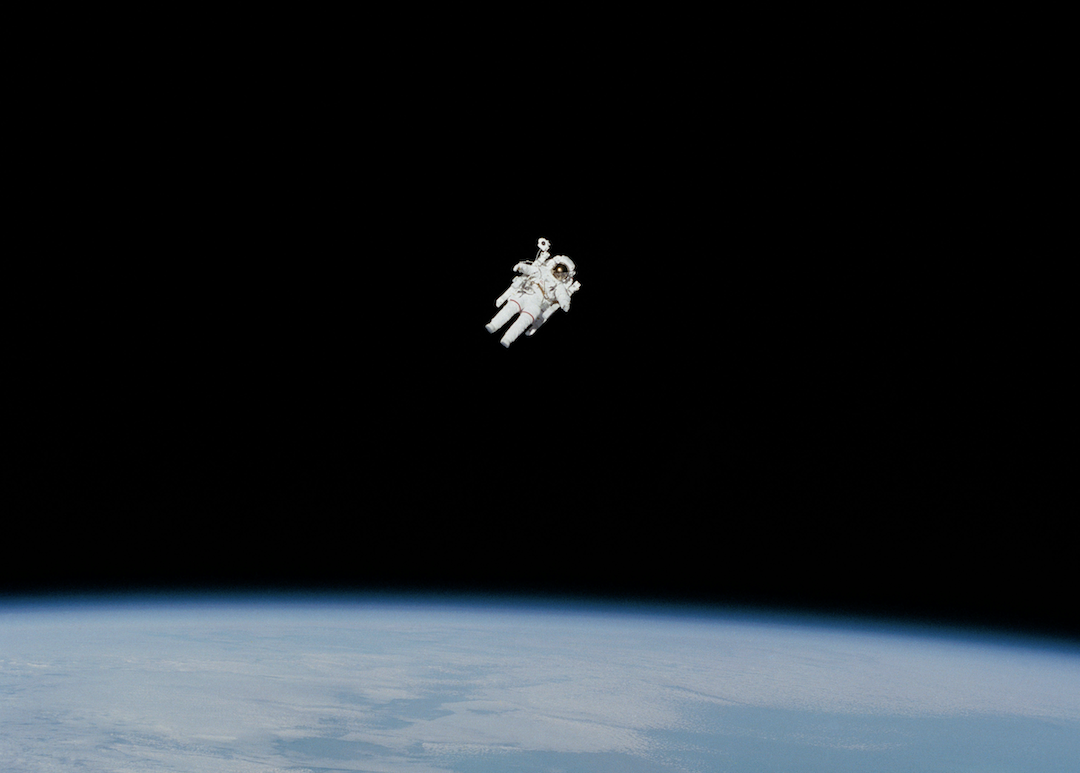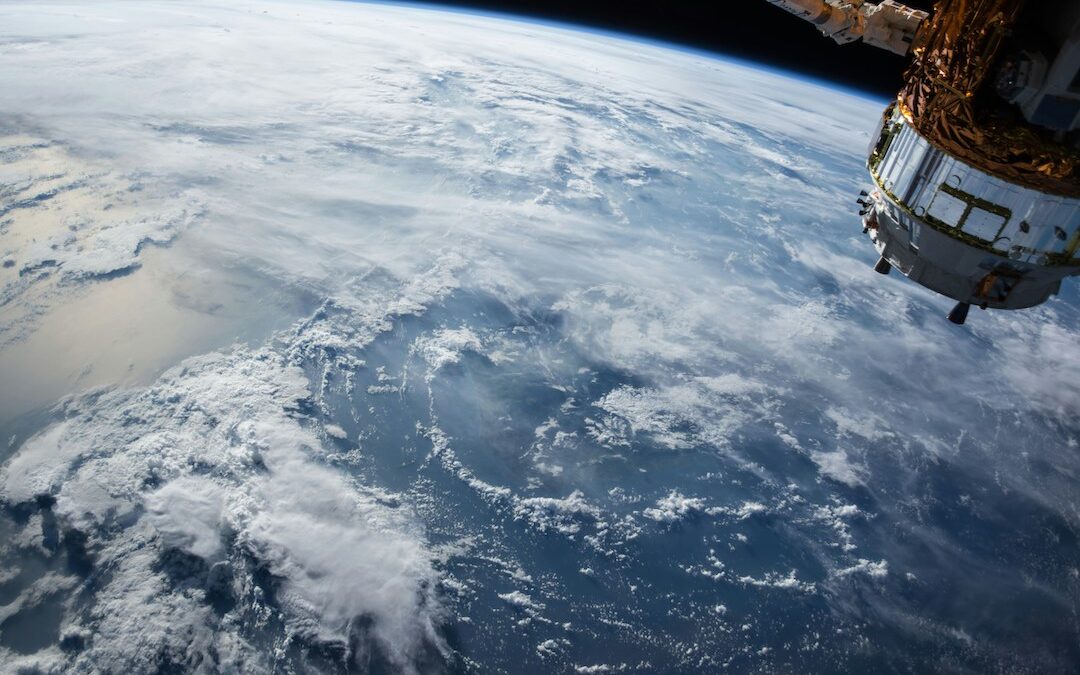A leading Australian space researcher has been nominated for several prestigious awards.
Dr Gabrielle Caswell, Director of Space Port Australia, has been named a finalist for three AusSpace24, Australian Space Awards. The awards honour industry leaders shaping the future of space research in Australia. Dr Caswell is a contender for Female Space Leader of the Year – Enterprise, Mentor of the Year and Innovator of the Year.
Launching a new era
Space Port Australia is an independent research hub created by Dr Caswell which brings together practitioners and scholars with significant medical knowledge in order to enhance the production of space medicine. Primarily, they aim to develop technological and biological tools to help in the human exploration of space.
The team are constantly promoting education in STEM, medical and computer sciences, as well as focusing on their three main areas of research interest;
- Biology
- Technology/electronics
- Psychology/community
So far, Space Port Australia has conducted several research projects into the sustainability of humans in space. One such study, released in 2022, focused on how skin conditions can impact individuals entering microgravity environments.

It revealed that changes in gravity can affect human immune-suppression, vitamin D metabolism, microbial gene expression and the increased presence of viral pathogens. The skin microbiome can be impacted by exposure to radiation and changes in the air quality and microbe replication that occurs when travelling in space.
The report stated that the space environment can lead to “disruptions to the skin microbiome, coupled with increased virulence of pathological viruses,” as well as changes in the mental health of astronauts.
Dr Caswell established Space Port Australia to find solutions to health and medical concerns such as these when engaging in space exploration, and has reported a high level of success so far.
According to Dr Caswell, “there is such a high calibre of individuals contributing to the Australian space effort, that just to be included in the same category as these individuals is a fabulous win for independent researchers.”
Shooting for the stars
Artemis III is a space shuttle set to be launched in September 2026. One of the most complex undertakings in space exploration to date, the shuttle will explore the lunar South Pole region as astronauts collect samples and data to inform our understanding of the solar system and our planet.
According to NASA, the mission is expected to last 30 days, with members of the crew descending to the surface of the moon’s South Pole in order to conduct serious research.

Space Port Australia is interested in researching space health, human factors and molecular and cellular biochemistry in microgravity. They hope that this knowledge can be implemented during the Artemis III flight. The company is also building connections with the Global South, EU and USA organisations.
Dr Caswell believes these relationships will be vital in the coming years.
“Commercial space exploration is literally right around the corner. Australians have a culture of novel problem solving and in my view this is a strength for space exploration,” she says.
Among the greats
The AusSpace Awards recognise the nation’s top space industry professionals and businesses. Now in its fifth year, the awards are the most prestigious recognition of success in the emerging field of space in the country
The awards are open to all businesses supporting the Aussie space industry in a variety of different sectors including telecommunications, satellites, mining and transport, agriculture and disaster.
Across 19 categories, the country’s top contributors are honoured for their valuable inputs and ongoing projects.
“The AusSpace24 Awards is a very exciting event, which will hopefully help to grow interest in all aspects of human factors and space health. As I am often reminding people, you get them up there and we keep them alive. There are no humans in space without space health and human factors,” concludes Dr Caswell.
To read about the space tech contributing to agriculture on Earth, click here.

